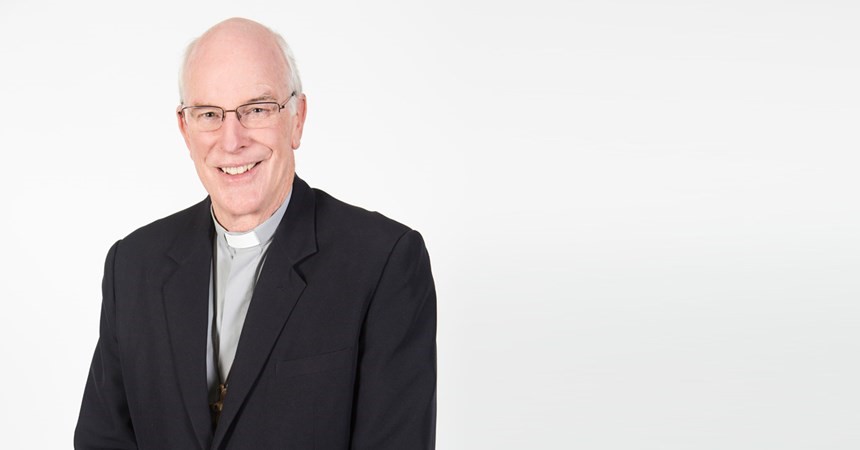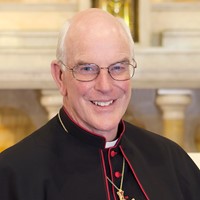I first came across Newman almost by accident. In the seminary at Springwood a former chapel had been turned into the student common room, the former sanctuary housing a bit of a library behind a metal grill. There I discovered several sets of the eight volumes of Newman’s Parochial and Plain Sermons. I dipped in, and I was immediately hooked. I’m not sure if it was the message or the style that first got me, for Newman was a master of clear and telling English.
One of the first sermons I read was “The Ventures of Faith”, in which Newman reflects on the requests from James and John for places in the Kingdom at Jesus’s right and left hand. “Can you drink the cup that I must drink? And they replied, ‘We can’.” They had no idea, Newman notes, what Jesus was asking of them, but they made the “venture”, risk, of faith. What would we risk on our faith in Jesus, Newman asks. I now have a single-volume edition of the P&PS, which I always take on retreat or turn to on bad days.
Those sermons were the work of the young Anglican priest, mostly preached in the University Church of St Mary, Oxford, in the 1830s. Newman was in the process of leaving behind a fervent Evangelical youth in favour of an “Apostolical” faith. Horrified that the government and Privy Council were busy ruling on what was and was not Christian belief, he looked to the Apostles and the Fathers as the fount of the church’s teaching authority. He was one of the young dons who made up the Oxford Movement, seeing Church of England as a part of, and heir to, the “church catholic” of ancient times.
In the end, Newman’s attempts to interpret Anglicanism as truly “catholic” were rejected by the bishops of his church, and he had to consider his position. He had been partly impressed and partly repelled by what he had seen in Catholic churches in Italy before 1833 but, he tells us, he had never been inside a Catholic church in England. Resigning his “living” in Oxford, he spent some years with some young disciples in a quasi-monastery outside the city, working through his problems with Roman Catholic teachings and his fears that he was leading others astray. Finally in 1845 he asked to be received into the Catholic Church.
Newman then studied for the priesthood in Rome, where he had the odd experience of finding himself cited in textbooks as “our adversary”. He became a member of the Oratorians and then founded the Oratory in a poor district of Birmingham. He was chosen to deliver the sermon on the occasion of the re-erection of a Catholic hierarchy in England in 1850, in his words “The Second Spring”. In the 1860s the novelist Charles Kingsley cited Newman’s words to argue that Catholic clergy did not feel bound to tell the truth. Newman’s ultimate response, his Apologia pro Vita Sua, his account of his life up to his conversion, brought him back into public consciousness and went a long way towards changing the popular prejudices against Catholics. He also worked on his The Development of Doctrine, a critical theological contribution to the Second Vatican Council a century later. After 1870, his calm, moderate explanation of Papal infallibility tempered the reactions of Anglicans and Catholics alike. He was created Cardinal by Leo XIII in 1879 and died in 1890. He would not have liked the idea of being canonised, but I am glad that he will be, if only because, unlike so many Victorians, he saw Christianity as a call to holiness and truth rather than as a code of behaviour for the respectable. We still need him.























































































